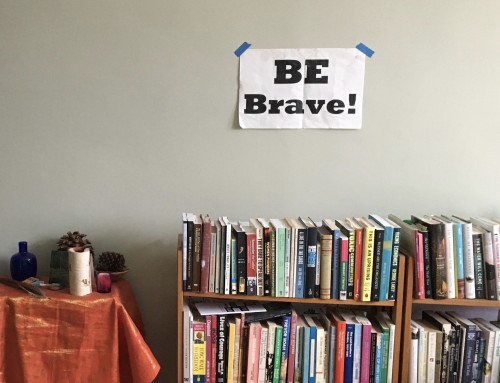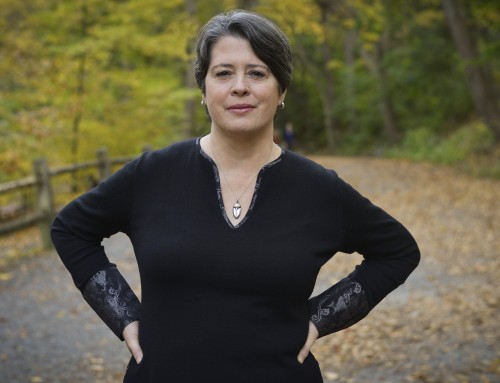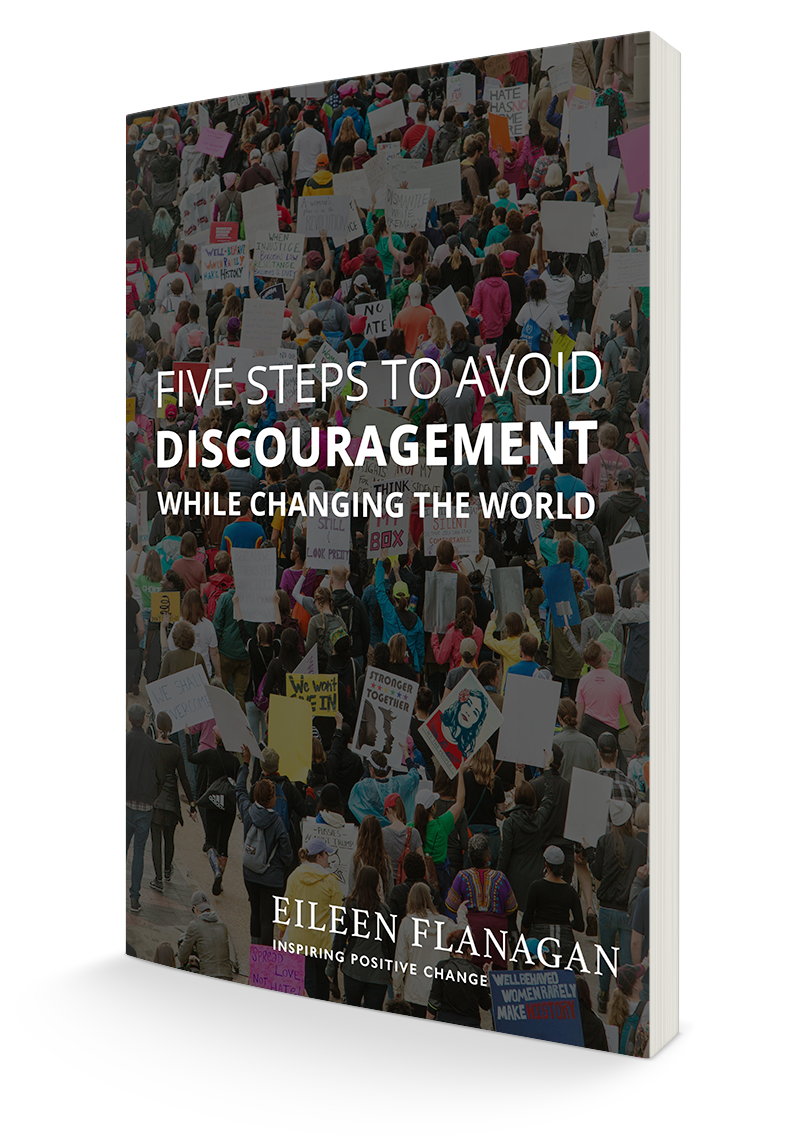 You all know I like to talk about books—especially good books I’m reading and books by friends. Saltwater Slavery: A Middle Passage from Africa to American Diaspora is an award-winning study of how the Atlantic slave trade worked to transform human beings into commodities. Author Stephanie Smallwood takes the records of the Royal African Company and the correspondence between its employees and digs out their unintentional hints as to what enslaved Africans actually experienced during this process. It’s not only a first rate piece of historical research, it’s well written and compelling, which as a former graduate student I have to say is not always the case with academic books. (Confession, Stephanie is a good friend, which is why I picked up the book, but not why I couldn’t put it down.)
You all know I like to talk about books—especially good books I’m reading and books by friends. Saltwater Slavery: A Middle Passage from Africa to American Diaspora is an award-winning study of how the Atlantic slave trade worked to transform human beings into commodities. Author Stephanie Smallwood takes the records of the Royal African Company and the correspondence between its employees and digs out their unintentional hints as to what enslaved Africans actually experienced during this process. It’s not only a first rate piece of historical research, it’s well written and compelling, which as a former graduate student I have to say is not always the case with academic books. (Confession, Stephanie is a good friend, which is why I picked up the book, but not why I couldn’t put it down.)
I won’t try to recount here all the things I learned about the slave trade, but there was one piece that has really stuck with me. Smallwood explains what is known about the spiritual beliefs of people from the Gold Coast and extrapolates the struggles they must have had dealing with death away from their communities and especially at sea, where there is no earth in which to bury people and no kin to carry out the rituals necessary to transport them to the realm of the ancestors. “In essence, a fully realized death could not be accomplished alone. Nor was it something one could attain at sea.” This understanding makes it all the more haunting when we read a captain’s account of the steady death toll on his ship the James during one Atlantic crossing. Although I knew that at least 20 per cent of Africans died during the Middle Passage, Smallwood’s analysis adds another level to that horror: “For the collective of African captives remaining aboard the James, the death of one of their number left them with the burden of a tormented soul, trapped here among them because its migration to join the ancestors had been thwarted.” As if being ripped from your homeland and chained together in crowded, disease-ridden conditions without enough food wasn’t horrible enough.
So why read something this depressing? There are lots of reasons, but for one, it’s increased my wonder at the human spirit and people’s ability to find new forms of meaning, even when every sense of self has been stripped from them. Last night, I got to hear jazz violinist John Blake and his band perform at our children’s school for Family Black History Night. In between pieces, he explained the historical context of old spirituals and the double meanings in them, as well as in many blues songs. Their performance brought down the house. Thinking about the extraordinary expressions of culture and spirituality that developed among people of African descent in the Americas, I’m all the more moved having read Smallwood’s account of the multitude of ways in which slave traders tried to strip Africans of their humanity. It’s hard to hold both in tension—the depths to which human beings can sink and the incredible resiliency of the human spirit—but I think it’s important that we do. Both are part of us all.




Leave A Comment